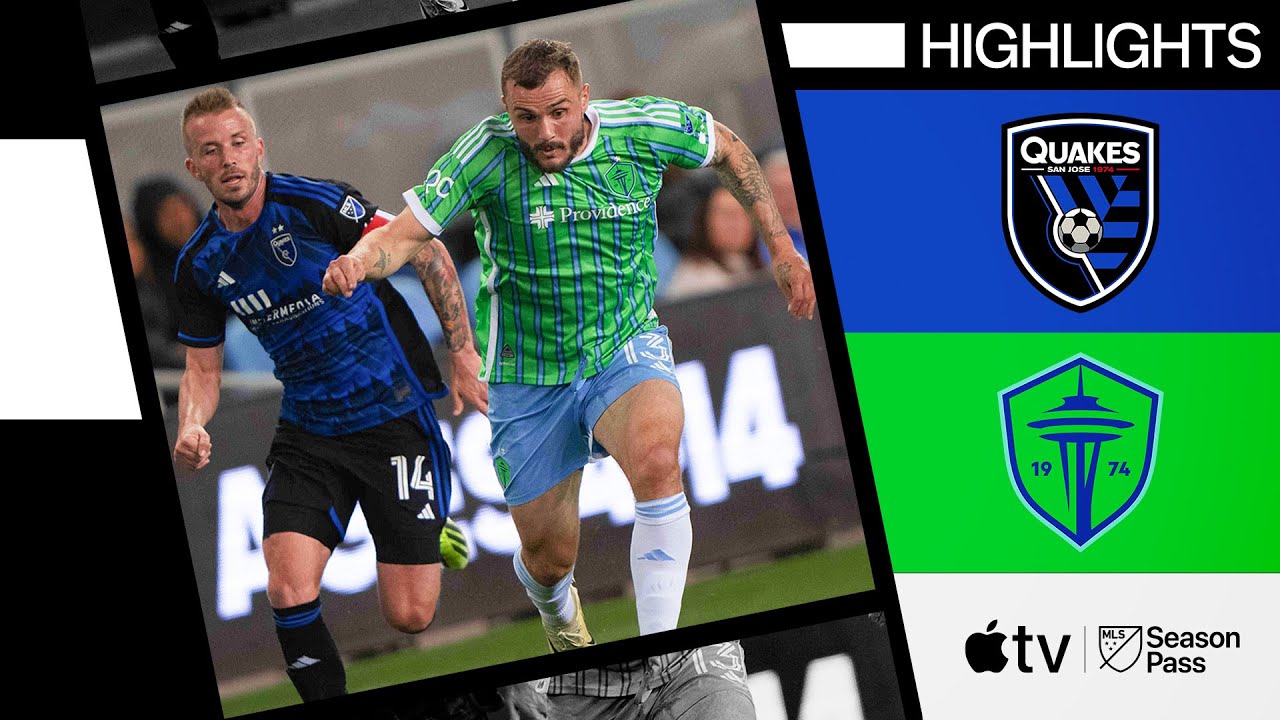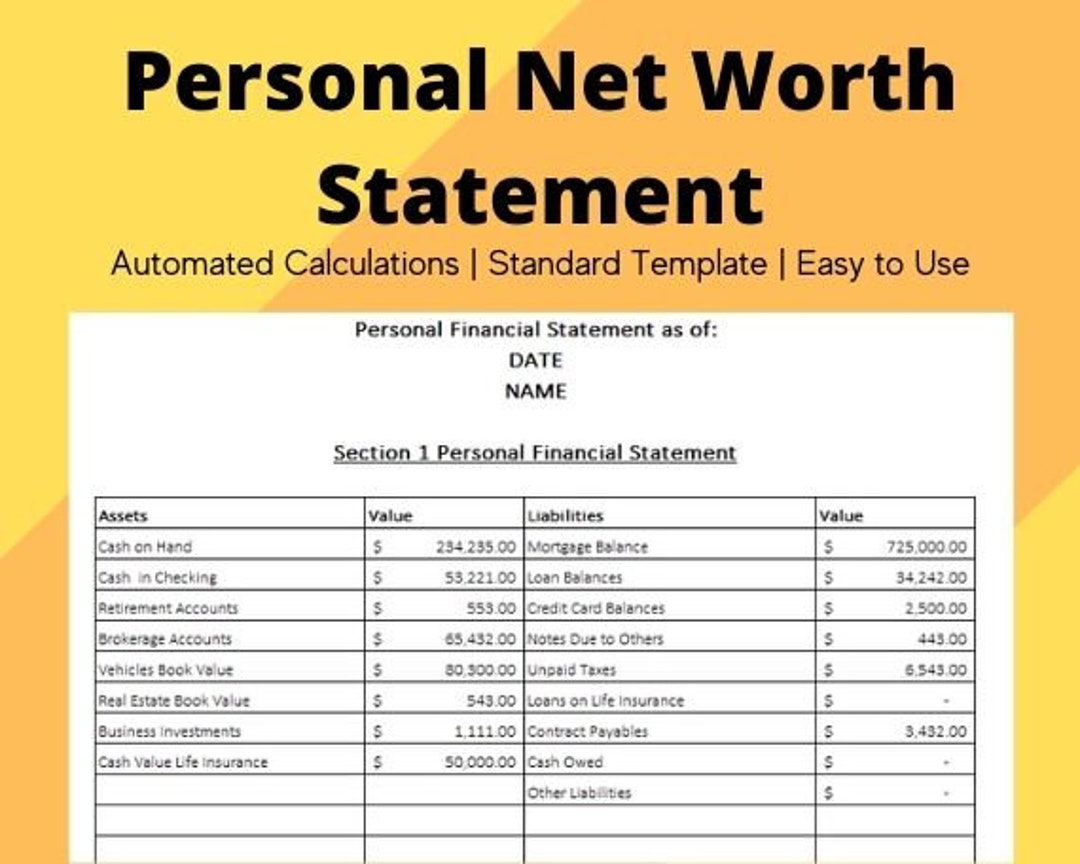Vercel Vs. LaLiga: The Debate Over Internet Censorship And Piracy Blocking

Table of Contents
LaLiga's Fight Against Piracy
LaLiga, the governing body of Spain's top football league, faces a significant challenge: the widespread piracy of its matches online. This impacts not only its financial stability but also the entire football ecosystem.
The Scale of the Problem
The scale of online piracy impacting LaLiga is immense:
- Millions of illegal streams globally: Millions of users access pirated LaLiga matches every season, bypassing legitimate pay-per-view and subscription services.
- Loss of broadcasting revenue for clubs and the league: This unauthorized access directly translates to significant financial losses for LaLiga and its individual clubs, impacting their ability to invest in player development, infrastructure, and overall league growth.
- Undermining of legitimate streaming services: The availability of free, pirated streams significantly undermines the business models of legitimate streaming services that hold broadcasting rights, leading to reduced subscriptions and revenue.
LaLiga's Legal and Technological Approaches
LaLiga actively employs various legal and technological strategies to combat piracy:
- Legal battles against illegal streaming websites: LaLiga pursues legal action against websites and individuals involved in hosting and distributing pirated content, aiming to shut down operations and deter future infringements.
- Working with ISPs to block access to pirate domains: Collaboration with internet service providers (ISPs) involves requesting the blocking of known pirate domains within their networks, making it more difficult for users to access illegal streams.
- Utilizing DMCA takedown notices: LaLiga utilizes the Digital Millennium Copyright Act (DMCA) to issue takedown notices to platforms hosting pirated content, requesting the removal of infringing material.
The Ethical Considerations
While fighting piracy is understandable, LaLiga's actions raise ethical concerns:
- Potential for blocking legitimate websites or content: Aggressive blocking measures may inadvertently block legitimate websites or content, impacting freedom of access to information.
- Concerns regarding freedom of expression and access to information: Critics argue that such actions may infringe on fundamental rights, particularly freedom of expression, and limit access to information.
- The impact on smaller content creators: Broad blocking strategies may disproportionately affect smaller content creators who may not have the resources to navigate complex legal processes or comply with takedown requests.
Vercel's Role in the Ecosystem
Vercel, a popular platform for frontend developers, hosts countless websites and applications. Its role in the piracy debate is indirect but significant.
Vercel as a Platform
Vercel operates as a platform-as-a-service (PaaS), providing infrastructure for developers to deploy and host their websites and applications. Its agnostic approach means it hosts a wide variety of content, some of which may inadvertently include pirated material.
- Vercel's agnostic approach to hosting: Vercel doesn't pre-screen content, relying on users to comply with its terms of service and applicable laws.
- The challenge of identifying and removing pirated content hosted on their platform: Identifying pirated content among millions of websites requires sophisticated technology and proactive monitoring, posing a significant challenge.
- The responsibility of platforms in moderating user-generated content: The question of platform responsibility in moderating user-generated content is a core aspect of the debate, with varying legal and ethical perspectives.
Vercel's Response to LaLiga's Actions
Vercel's response to copyright infringement claims, including those from LaLiga, is critical:
- Vercel's DMCA takedown process: Vercel's process for handling DMCA takedown notices and its efficiency in removing infringing content are key elements in evaluating its response.
- Transparency in handling copyright infringement reports: Transparency in how Vercel handles copyright infringement reports is vital for building trust and ensuring accountability.
- Vercel's community guidelines and content moderation policies: Clear community guidelines and well-defined content moderation policies are essential for preventing the hosting of infringing material.
The Technological Challenges
Effectively tackling online piracy is a significant technological challenge:
- The use of dynamic URLs and cloaking techniques by pirate sites: Pirate websites employ various techniques to evade detection and blocking, including dynamic URLs and cloaking.
- The difficulty of automatically identifying infringing content: Automatically identifying infringing content is challenging due to the constantly evolving methods used by pirates.
- The need for effective and scalable content moderation tools: The need for sophisticated, scalable tools for content moderation that can keep pace with the evolving nature of online piracy is paramount.
The Broader Implications
The Vercel vs. LaLiga debate has significant implications for the future of online content and internet freedom.
The Future of Online Content Protection
The ongoing conflict highlights the need for innovation:
- Exploring new technological solutions for content protection: New technologies, such as blockchain and watermarking, are being explored to enhance content protection.
- Reform of copyright laws to adapt to the digital landscape: Existing copyright laws may need reform to address the challenges posed by online piracy in the digital age.
- Increased collaboration between rights holders and tech platforms: Greater collaboration between rights holders like LaLiga and platforms like Vercel is necessary to develop effective anti-piracy strategies.
Balancing Rights and Freedoms
Finding a balance between protecting intellectual property and upholding online freedoms is crucial:
- Establishing clear guidelines and regulations: Clear guidelines and regulations are needed to define the responsibilities of platforms in content moderation.
- Promoting transparency and accountability from all stakeholders: Transparency and accountability from all stakeholders—rights holders, platforms, and governments—are essential.
- Fostering a culture of respect for intellectual property while preserving online freedoms: A balance must be struck that respects intellectual property rights while ensuring the preservation of fundamental online freedoms.
Conclusion
The conflict between Vercel and LaLiga exemplifies the complex battle against online piracy. Understanding both the rights holders' need to protect their intellectual property and the challenges faced by platforms in content moderation is vital. A sustainable solution necessitates a collaborative approach, integrating technological innovation with a commitment to safeguarding fundamental online freedoms. Continued discussion on Vercel vs. LaLiga and its implications for internet censorship and piracy blocking is essential for shaping a future that respects both intellectual property and online freedom.

Featured Posts
-
 San Jose Earthquakes Vs Seattle Sounders Key Information And Match Preview
May 16, 2025
San Jose Earthquakes Vs Seattle Sounders Key Information And Match Preview
May 16, 2025 -
 Steams Free Game Offering Worth The Download
May 16, 2025
Steams Free Game Offering Worth The Download
May 16, 2025 -
 Should You Take Creatine A Comprehensive Review
May 16, 2025
Should You Take Creatine A Comprehensive Review
May 16, 2025 -
 Tam Krwz Awr Mdah Ka Tnaze Jwtwn Ka Waqeh Swshl Mydya Pr Zyr Bhth
May 16, 2025
Tam Krwz Awr Mdah Ka Tnaze Jwtwn Ka Waqeh Swshl Mydya Pr Zyr Bhth
May 16, 2025 -
 Everest Ascent In A Week Anesthetic Gas Risks And Criticisms
May 16, 2025
Everest Ascent In A Week Anesthetic Gas Risks And Criticisms
May 16, 2025
